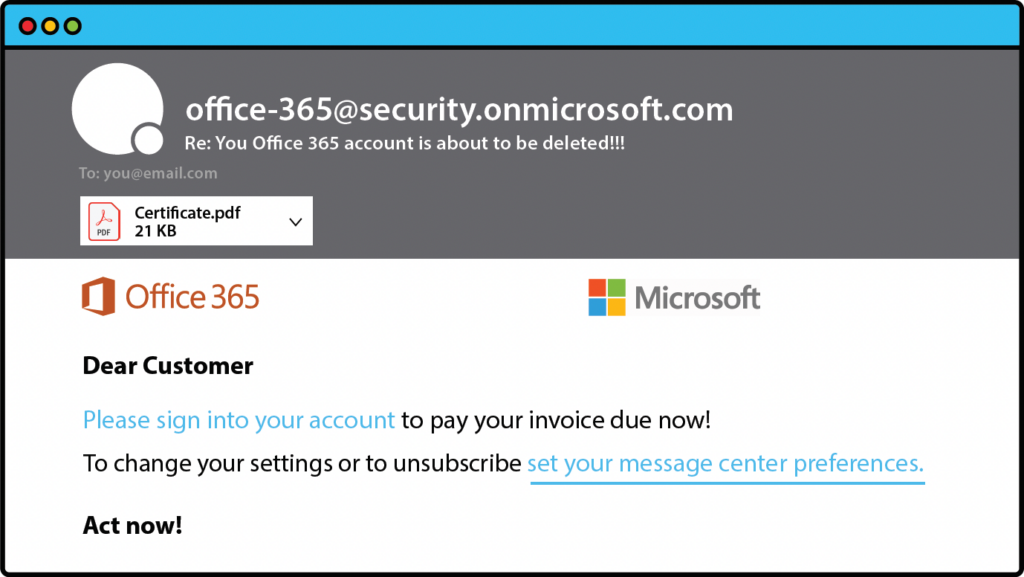
Online schemes and crime change often — especially since AI tools have become widely available. But there are specific patterns you can learn to recognize.
A scam is when a product or opportunity is made to look real, but it is actually designed to take your money or personal information without giving you anything in return.
Often times, online criminals try to steal your personal information, such as your Social Security number or bank details. This could cause you harm without you knowing right away.
Here are a few signs a message might be a junk email:

How to tell if a link in an email is safe
What to do if it’s junk email
Identity theft is when online criminals try to steal your personal information, such as your Social Security number or bank details and pose as you in order to cause harm or steal money.
It's important to be careful with messages from people you don’t know online, especially if they ask you for personal information or money. Always check to make sure the person is who they say they are or you are submitting information to a secure and/or trusted source.
Learn more about how to prevent identity theft by visiting the Identity Theft Resource Center.
Why you should avoid following links from people you don’t know
Untrustworthy websites may try to download programs on your computer called “viruses.”
What are computer viruses?
Viruses are harmful programs that track what you do on the computer so they can access your information. Often, these will also slow down your computer.
What to do if you click an unsafe link
Clicking an unsafe link doesn’t guarantee that you will get a virus, but the risk is still there, and there’s no good reason to be on an unsafe site. If you do click an unsafe link and are concerned about your security, here's what you can do:
Dishonest online stores may offer to sell you items at a very low price. If you purchase something on a fake website, they will likely send you nothing in return. Make sure you know you are buying from a trusted company and website. You can do that by looking for several things:
This is when a stranger pretends to work in technical support. They may pretend to work for the company that made your computer or where you purchased your computer from. They may tell you your computer has an issue and then ask for access to your computer or payment to fix your computer. When they get access to your computer, they will use that as an opportunity to access your information like passwords, personal information, and more.
Tech Support Scam Example:

A website cannot tell you if your computer has a virus
If the message came from a website you are visiting and it tells you that your computer is broken, it’s likely not true. Websites generally cannot tell if your computer is broken. If your computer is having issues, you will be able to tell if it stops working or slows down.
Real companies will not ask for payment in gift cards
Real companies that specialize in tech support accept credit cards. If they only accept gift cards as a way of payment, it’s likely not trustworthy. Using these forms of payment tells you that they do not want to be tracked.
Computer companies will not call you or message you first
If you get a phone call or email that you did not ask for, it is most likely not a technical support company. In the same way that a plumber will not show up to your house without you calling them first for help, companies will only call or email you if you message them asking for help first. They do not watch your computer and cannot know if you are having a problem. If you need computer repairs, you should reach out to the computer company directly or use a trusted source. This is true for most internet scams.
What to do if your computer is having problems
Because the internet is such a large part of daily life now, having issues with your computer can be a big problem. Luckily, there are lots of people out there who can help fix your computer.
If you get a message from someone who tells you that you’ve won the lottery or a prize, but to claim it, you need to pay or provide personal information, it is likely not true. Online criminals do this so they can use your information in harmful ways.
Prize Scam Example:

Signs the contest is not real
What to do if you get a junk contest email
Like all forms of scams on the internet, the best thing to do is to delete the message and avoid clicking any links or downloading anything.
Signs it is a fake internet romance
